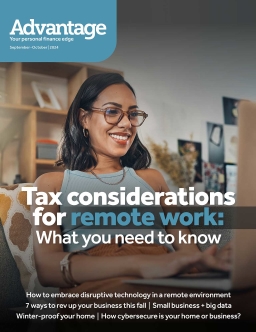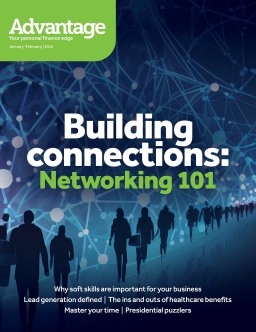Many of us will be working remotely during the Holidays. Please call 970.667.1070 (CO) or 281.655.7973 (TX) if you plan to stop by our offices.
Advance directives for healthcare: Do you need one?

It’s often easy to get caught up in life and push off having critical conversations about our health and future. One topic that gets put on the back burner more often than we’d like to admit? Advance directives for healthcare. How do you know if you need one? Well, let’s dive in and explore that.
What is an advance directive?
At its core, an advance directive is a legal document that details your decisions about end-of-life care before you need it. It gives you a way to let your family, friends and healthcare professionals know what you wish to happen—ahead of time. Advance directives typically consist of two elements:
1. A living will establishes what treatments you want if you’re dying or permanently incapacitated, and you can choose to accept or reject medical care. It should include instructions on whether you want to use dialysis and breathing machines, if you want to be resuscitated, if you want to be fed through a tube, and whether you want to donate your organs and tissues.
2. A durable power of attorney for healthcare (or healthcare proxy) is the person you designate to make healthcare decisions on your behalf if you’re unable to express informed consent.
Why should you consider an advance directive?
If you’ve been wondering if you need an advance directive, give this situation a thought: You get into an accident where you’ve been hospitalized and can’t communicate. Important decisions need to be made about your healthcare. But if you don’t have an advance directive, your loved ones may be torn between what they believe is best for you and what you would want. Not only can it lead to potential disagreements among family members, but it can also place an emotional (and mental) burden on them. Having an advance directive gives you—and your loved ones—peace of mind.
Here are four reasons you should have one:
1. Making decisions on your terms
The main benefit of an advance directive is ensuring your healthcare directives reflect your wishes. You’re in control, even when you can’t voice your preferences.
2. Reducing stress
When you clearly state your end-of-life care wishes, you remove the responsibility of making such challenging decisions from your family and loved ones.
3. Avoiding potential conflicts
Your loved ones may have differing opinions on your care, especially during a stressful time. Having an advance directive provides them with a reference point to act on your behalf.
4. Preventing financial implications
End-of-life care can be costly. By detailing the care you do or don’t want, you can potentially prevent unnecessary medical bills.
Why do people elect not to create advance directives?
There may be several reasons people decide against an advance directive. Here are the three most common misconceptions that keep people from planning ahead:
1. People believe they’re too young
Accidents or unexpected health issues can arise at any time—it’s not something that only affects the elderly. It’s wise to be prepared at any stage of life.
2. It seems too complicated to create
The topic of an advance directive can be emotionally challenging, but setting up an advance directive is a pretty straightforward process. Many online resources can walk you through step by step, and many are free.
3. It’s too hard to make changes
As your life changes (i.e., you experience a significant event such as a marriage or the birth of a child), so can your preferences on your advance directive. It can be updated as frequently as needed.
Getting started
Once you’ve made the decision to create an advance directive (and we applaud you!), carefully consider your values, beliefs and desires regarding end-of-life care. Make sure you discuss your decisions with your loved ones, so they’re in the loop and can advocate for you if the time comes. Document all of your decisions and distribute copies to your healthcare proxy, family members and primary care physician.
The conversation around advanced directives for healthcare can be emotional, but they’re critical for planning for the unexpected. Take time now to ensure your voice is heard—even if you’re unable to speak.
Back to issue










